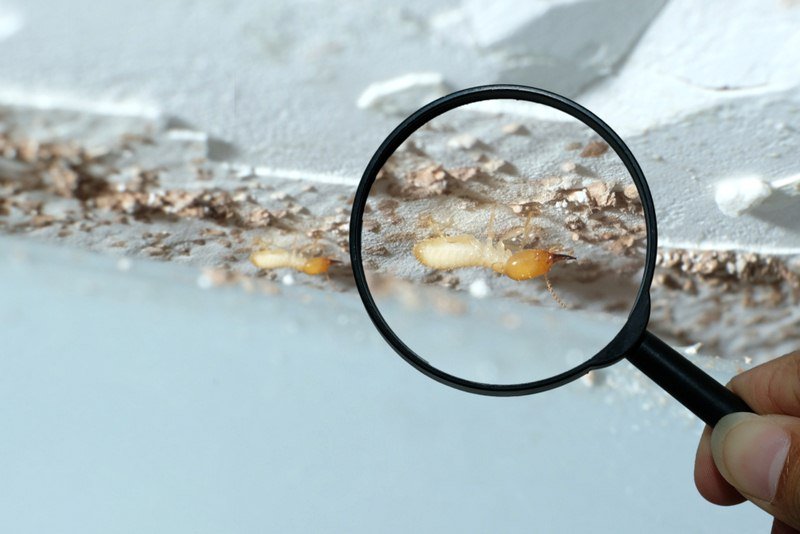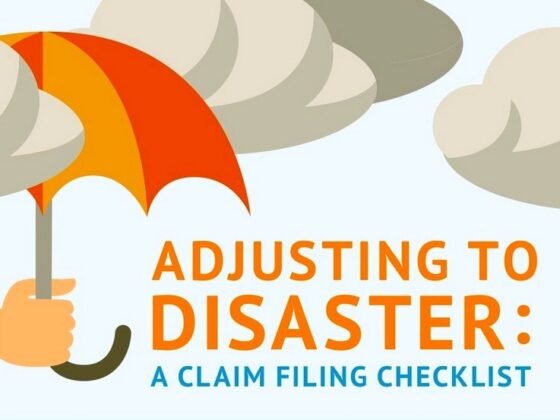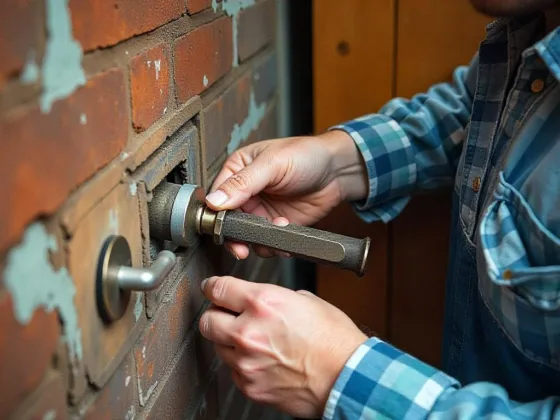Table of Contents Show
As a homeowner, you have a lot of financial risks associated with your property. It’s a no brainer that you need to be vigilant about preventing unnecessary damage to it.
Unfortunately, the common subterranean termite hits homeowners around Australia with big bills every year.
Don’t be one of them and clue yourself up on how to recognize a termite problem and what you can do about it.

Read Also:
Q: Are black, winged insects in my home a type of termite?
When adult termites reach their reproductive stage, they are dark-brown insects a couple of centimeters long. Called ‘swarmers’, their objective is to reproduce to establish a new termite colony.
Most swarmers have wings, but not all do because they lose them very shortly after they leave the nest. If you’re not sure if it is a swarmer or a regular ant, look at the waist area. In a termite, the waist will not be pinched in.
Termites have wings that are all the same length, while ‘flying ants’ have longer front wings.
It’s not uncommon for termite swarmers to fly in through doors or windows, but they’re most likely to appear indoors if you have an infestation somewhere in your home.
Q: I just found termites in my garden. Do I need to treat my house?
What you do need to do is call a pest control expert to assess the situation. If you find termites in a fence or pile of wood in your yard, it doesn’t necessarily mean you will have to treat your house.
But it is a sign that there could be termites in your home too.
A termite controller will first look for signs of mud tubes from the soil leading into the foundations of your house, as these are a common sign of live activity.
They provide runways for termites to move between their nest and your home.
Q: Can I do a DIY termite treatment?
A professional will have the best equipment and chemicals needed to eliminate termites for good, safely, and effectively.
Stores do sell spot treatments, but it’s wise to go the pro route and have the entire house treated.
Do-it-yourself termite control projects should only really be used on low-value structures such as fence posts and woodpiles.
Q: Are termite control chemicals safe?
When appropriately used, termiticides can be applied quite safely.
Your risk of being exposed to tiny amounts of pesticide is extremely low when you have had a termite treatment.
That’s because a chemical termite treatment is directed into the soil, so exposure is limited. You won’t even notice any unusual odors.
Q: What’s better, termite baits or liquid insecticides applied under my house?
Baits are designed to suppress or eliminate a termite colony. Baits use a slow-acting toxicant or growth regulator laced in a suitable termite food.
Foraging worker termites are exposed to it and spread it to other colony members.
This precise delivery system and the small amounts of actual pesticide used, make them very safe.
They may be a bit more expensive than other methods of termite elimination and may take up to three months to be fully effective – these are the downsides.
They are very effective in solving long-standing termite problems in many homes, however. Remember, continued baiting is needed to provide ongoing protection.
Liquid insecticides in the soil are fast and also reliable. Soil-applied termiticides remain for five years or more in the ground, so no ongoing maintenance is needed to maintain the protection for your house.
They are cheaper but considered less ‘green’ than a baiting solution. Another option? Use a combination of baiting systems and partially treatment areas.
Q: What about a do-it-yourself termite bait sold in stores. Will it save me money going this route?
DIY baiting may sound like a good way to save money, but these systems have not been proven to work long term and may not be cheaper.
Most do-it-yourself bait stations use cardboard, which will naturally decay and decompose quickly in the soil. They will, therefore, need to be changed up to four times a year.
When you factor this in, they cost a similar price to the systems offered by professional pest control teams.
Plus, if the DIY option doesn’t work, you have no money-back guarantee, and any costs associated with termite damage will be for your bill. Instead, go with a pro and know you’re safe in the long term.
Q: Is a warranty important?
Absolutely, the warranty details the conditions and time limits under which the company will assume responsibility for ongoing termite activity.
It’s wise to compare the warranties offered by companies. Ideally, they should provide a one-year warranty, with the option to extend your warranty for one or more years.
If you have concerns about possible termite infestations in your home be sure to contact Pest-Ex. They’re based in Brisbane and specialize in a range of professional pest control and termite treatment services.









